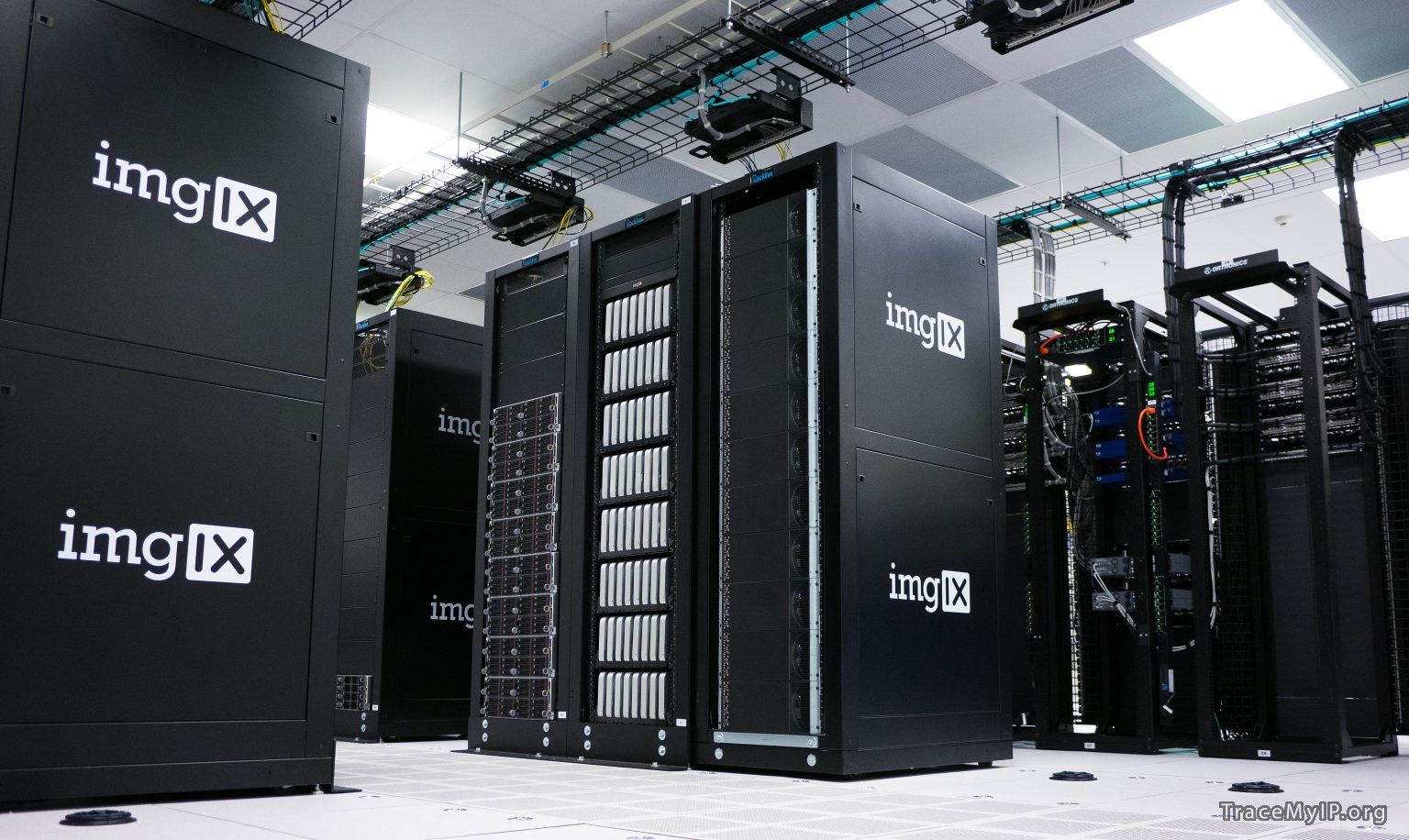How IP location data is created. Who collects and uses IP data.
IP location data is created through a process called IP geolocation, which involves determining the physical or geographical location of an IP address. IP addresses are unique numerical labels assigned to devices connected to a computer network, such as the Internet. They are used to identify and communicate with these devices.
📈 Sign Up now to instantly track website visitors IPs!
Methods used to collect IP location data
GeoIP Databases
 Many organizations and companies maintain databases that map IP addresses to geographical locations. These databases are compiled using various sources of information, including internet service providers (ISPs), data from network infrastructure, and voluntary contributions from users. Companies like MaxMind, GeoIP, and IPinfo maintain popular GeoIP databases that provide approximate location information based on IP addresses.
Many organizations and companies maintain databases that map IP addresses to geographical locations. These databases are compiled using various sources of information, including internet service providers (ISPs), data from network infrastructure, and voluntary contributions from users. Companies like MaxMind, GeoIP, and IPinfo maintain popular GeoIP databases that provide approximate location information based on IP addresses.
Internet Service Providers (ISPs)
ISPs assign IP addresses to their users, and they often have information about the general geographic area where an IP address is being used. While ISPs may not share precise location data due to privacy concerns, they can provide information at a city or regional level.
Network Infrastructure Data
Some IP geolocation data is collected from the network infrastructure itself. This can include routing information and data from internet exchange points, which are crucial nodes in the internet’s backbone.
Publicly Available Information
Publicly available data from websites, social media, and online platforms can also be used to gather IP location data. This data can provide context about where certain IP addresses are frequently used.
User-Contributed Data
Some companies and services allow users to voluntarily contribute their location information. This can include apps that collect location data from mobile devices or websites that ask users to share their location.
Advanced Techniques
 Advanced techniques involve analyzing network characteristics, latency, and routing data to estimate the location of an IP address. These techniques can include traceroute analysis and network delay measurements.
Advanced techniques involve analyzing network characteristics, latency, and routing data to estimate the location of an IP address. These techniques can include traceroute analysis and network delay measurements.
IP geolocation is not always precise. The accuracy of IP location data can vary widely, and there are limitations to how accurately an IP address can be mapped to a specific physical location. Factors such as the use of virtual private networks (VPNs), proxies, and mobile networks can further complicate the accuracy of IP geolocation.
Who collects and uses the IP data
A variety of organizations and companies are involved. Companies like MaxMind, IPinfo, and Google compile and maintain large databases of IP addresses and their associated locations. Some academic and research institutions may collect IP geolocation data for various purposes, including studying internet infrastructure and usage patterns.
Tech giants like Google, Facebook, and Microsoft may collect IP location data as part of their services, such as location-based advertising and content personalization. Security firms use IP geolocation to identify potentially malicious activities and track cyber threats. In some cases, government agencies may have access to IP geolocation data for security and investigative purposes.
Online marketplaces, e-commerce platforms, and service providers gather IP data to personalize user experiences. This could involve showing region-specific product offerings, providing localized recommendations, and streamlining the checkout process for users in specific locations.
 Companies focused on cybersecurity use IP data to identify potential threats and protect networks and systems. Analyzing the origin of IP addresses can help detect suspicious activities and prevent cyberattacks. CDNs optimize the delivery of online content by serving it from servers closest to the user’s geographical location. These networks use IP data to ensure efficient content distribution and reduce latency.
Companies focused on cybersecurity use IP data to identify potential threats and protect networks and systems. Analyzing the origin of IP addresses can help detect suspicious activities and prevent cyberattacks. CDNs optimize the delivery of online content by serving it from servers closest to the user’s geographical location. These networks use IP data to ensure efficient content distribution and reduce latency.
Some organizations collect IP data to analyze internet traffic patterns, monitor internet infrastructure, and study user behavior. This information is valuable for market research, trend analysis, and improving online services. Government bodies might collect IP data for security, law enforcement, and investigative purposes. IP data can be used to trace the origin of cyber threats, monitor online activities, and investigate potential criminal activities.
Researchers studying internet usage, network behavior, and geographical trends may collect IP data to support their studies and gain insights into various aspects of the online world. Apps that offer location-based services, such as navigation, weather forecasts, and local business recommendations, collect IP data to provide accurate and relevant information to users based on their current location.
Advertisers use IP data to target ads to specific regions and demographics, increasing the relevance of ads to users. Ad networks gather IP data to optimize ad delivery and measure ad performance. While ISPs often allocate IP addresses to users, some ISPs may also collect data on IP usage for troubleshooting network issues, managing network resources, and complying with legal and regulatory requirements.
It’s important to handle IP location data responsibly and with consideration for user privacy. Many companies and organizations follow privacy regulations and guidelines to ensure that user data is protected and used appropriately.
🌍 Who visits your website? Sign Up now to find out instantly!
